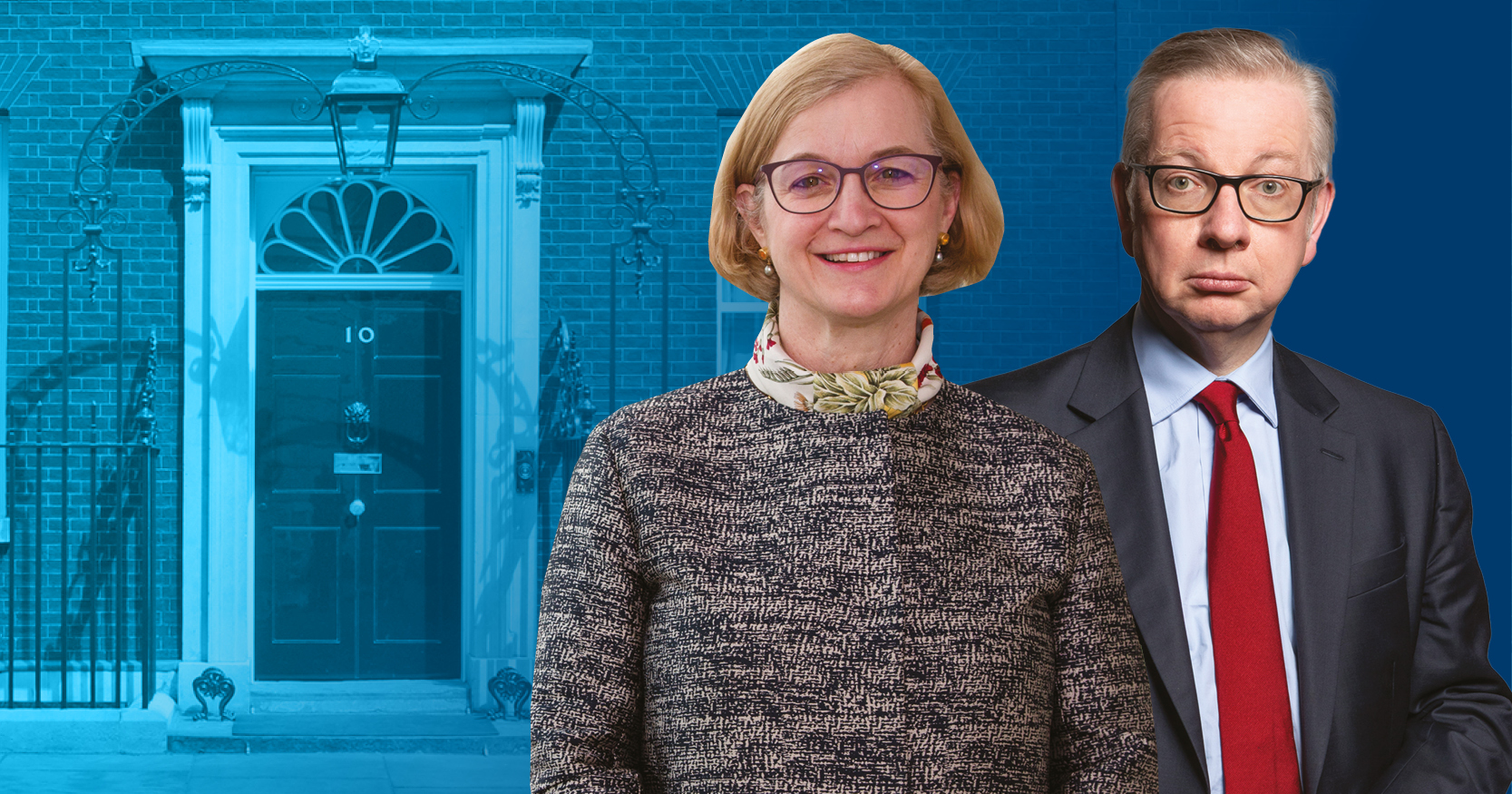The body representing England’s academy trusts is urging CEOs to build “constructive relationships with MPs” so they “understand” academies “are indeed community schools”.
Confederation of School Trusts (CST) chief Leora Cruddas told members in a briefing this morning to reach out to local politicians and showcase “the very best of what we do”.
It comes amid concerns from some in the academy sector over government plans to water down academy freedoms.
But debate over the schools bill plans has led to accusations levelled at academy chains by some Labour backbench MPs, including one suggesting academies had only improved results by off-rolling.
‘Build constructive relationships with politicians’
Cruddas said: “We would also like to begin a conversation about building proactive and constructive relationships with MPs and local politicians.
“We need to make sure that this is consistent across our sector and that we are showcasing the very best of what we do and the impact of the trust sector, helping politicians to understand that academy schools are indeed community schools, rooted deeply in, and at the heart of, their communities.”
CST expressed concerns in January over plans to “remove academy freedoms” in Labour’s schools bill, adding it wanted to work with government to ensure “this is not a retrograde step”.
Among other things, it said provisions for academy staff to have qualified teacher status – or be working towards it – might affect trusts’ ability to deploy higher-level TAs “to provide emergency” temporary cover.
The body also noted that it was worried about the “broad scope” of proposed academy directions and that it’s “seeking legal advice on how the bill might be improved in this regard”.
As the political row plays out, some Labour MPs have criticised academies.
At the beginning of last month, Congleton MP Sarah Russell told the Commons that academies “generate large amounts of employment rights litigation because they tend not to treat their staff very well”.
Gravesham’s Lauren Sullivan added trusts have “decreased inclusion”.
Addressing shadow education secretary Laura Trott, she added: “Will the right honourable lady concede that the academisation process has meant that the off-rolling that we have seen up and down this country has led to the crisis in SEND?
“That is the whole point of how the academy system has, apparently, improved standards.”
National Education Union general secretary Daniel Kebede has also been highly critical, saying academy CEOs just want to “retain being able to pick and choose which students to take”.
“If you can avoid taking poor kids or SEND kids it does wonders for your data. Many of them are more socially selective than grammar schools.”
The comment, on X, was reposted by Labour MP for Liverpool West Derby Ian Bryne.
Academies are their own admission authorities, but must follow the same admissions code as all schools.
However, a Sutton Trust study found among top-performing secondary schools, academies tended to be more socially selective.
But a Schools Week investigated last month revealed how many trusts taking over failing schools had to deal with protests which included parents repeating myths about academies.
Our analysis of academisation protests on the Change.org website found all improved after they joined a trust. But so did the schools that remained with councils.











